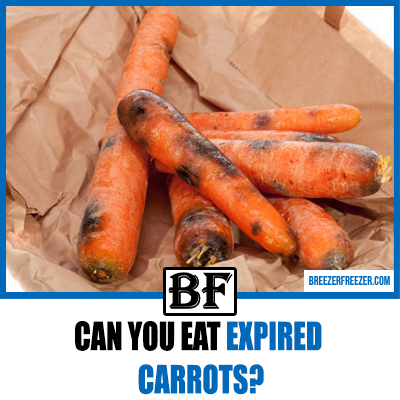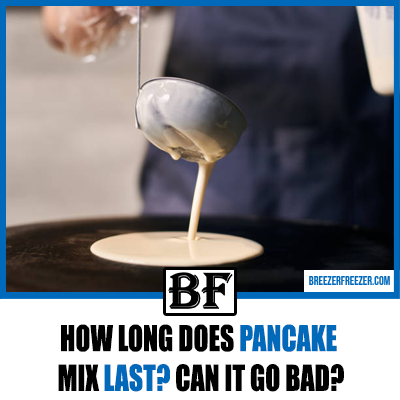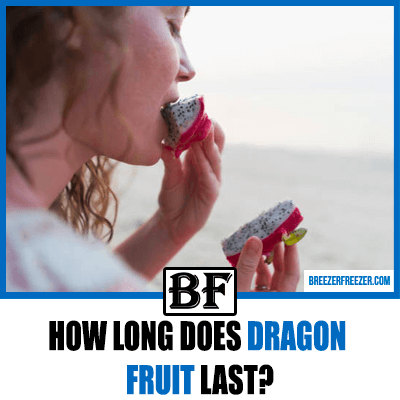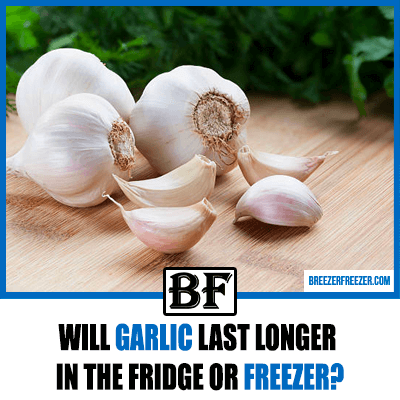Can You Eat Expired Carrots?
Carrots are one of those healthy root vegetables that most people love to eat, boiled, oven cooked, pureed, and most definitely raw in a salad or just as a snack. But, when carrots are harvested, how long do they last? Do carrots have an expiry date?

Let’s take a look at carrots, the good, the bad, and the ugly, and how you can make your harvested carrots last longer than you would expect.
Let’s dive in.
Can you eat expired carrots?
It depends on how they look. Some carrots with a grocery store expiry date look and feel perfect, while others may be starting to wilt and become soft.
If your carrots are firm and without visible signs of mold and blemishes, then it’s okay to eat. If your carrot is spongy, throw it in the garbage.
Carrots dehydrate and become soft. They can be prone to mold spores at this time, so they are essentially garbage and should not be eaten.
If you pull your carrots from the veggie compartment in your fridge and they appear slimy, throw them in the garbage.
Carrots, on average, in the fridge last for four weeks only.
What happens if you eat expired carrots?
If the expired carrots are firm and without blemishes, you will enjoy your meal and not give the carrots a second thought.
However, eating expired carrots that are floppy and have a little slimy texture to them can be hazardous. You can expect food poisoning and all that food poisoning brings with it, vomiting, nausea, diarrhea, and feeling pretty awful for days on end.
If your carrots are not looking good or feeling good, they have passed the expiry date and should be thrown in the garbage.
Can you eat carrots with black on them?
Carrots are a versatile root vegetable; to that end, you can have a little latitude in dealing with carrots with visible rot signs. The black blemish is the carrot rotting.
Peel the carrot removing the top and the base of the carrot, and trim away the black blemish until it’s eradicated completely. A little piece of black carrot in your food is too much, so discard all the rot.
It is not always necessary to throw away carrots that have passed their expiration date.
If the carrot tastes bitter, discard the carrot.
What if carrots taste bitter?
There are a couple of potential reasons. The first is the carrots may have been harvested too early, and the terpenoids are developing before the sugar. They will taste bitter but are safe to eat.
The second reason is that when carrots are stored in the grocery store, they should be stored in the Vegetable section, away from fruits. There is a reason for this that runs deeper than separating the food groups for the shopper.
Fruits give off ethylene gas, and you know this from if you want to make, say, an avocado ripens quickly, put it in a bag with a banana. The ethylene gas will cause the avocado to ripen overnight.
In the same way, ethylene gas from fruits can make your carrots taste better, which is why carrots are frequently sold in polythene bags with holes. It has nothing to do with moisture and is a vent for ethylene gas.
Is it OK to eat carrots with white sprouts?
Yes, but the carrot may not be as sweet as you require. The little white hair-like strands on the surface of the carrot are actually roots, the sugars in the carrots signal the rooting system to get active after a specific time, and the roots spread along the shaft of the carrot.
It’s a sign that you should peel and eat the carrots sommer rather than later.
Are moldy carrots safe to eat?
Due to the shape of carrots, you have some latitude to save the carrot if there is some mold on the part of the carrot, and often the mold is surface mold. Mold on a carrot manifests itself as black spots.
Not to go out on a limb, the Mayo Clinic suggests the carrot is free to use if you trim away the mold and leave a clear inch from the black mark.
Of course, the carrot has to be firm and look ok other than a few black blemishes. If the carrot is spongy, then throw it in the garbage.
Can you eat carrots with holes in them?
The holes in carrots are the bane of carrot farmers and carrot growers worldwide, and the holes are made by the pesky carrot fly where it lays its larvae. The good news is the carrots could be organic and have to be sprayed with aggressive pesticides.
Cut the holes away, but it’s ok if you accidentally cook one. It will not do you harm.
How long do carrots last before they go bad?
You might think this question would be easy to answer, but it’s not for these reasons:
- When was the carrot harvested? If it is fresh, it will last longer than a carrot that has been sitting in your grocery store in warehouse conditions for a week or more.
- How are you storing your carrots? In the fridge, in the pantry in a cool dark environment.
- What variety is your carrot? Common orange carrot Daucus Carota, of an heirloom variety, makes a difference.
Carrots can last as long as six months if you are a gardener and you know what techniques you can use to prolong the carrots’ life.
How do you make carrots last six months?
If you have harvested your own carrots, you will need to snip the tops off and inspect the carrots for holes caused by carrot flies. If the carrots are good, you can get a box and place slightly moist sawdust or sand in a thin layer on the bottom of the box.
Place the carrots on the sand or sawdust with a one-inch gap around all of the edges. Continue this until you have completed the first section.
Layer sand or sawdust on top of the first layer, and an inch of the sand /sawdust will suffice and repeat the process. The storage medium needs to be moist, and you can spritz with water from a spray bottle and ensure the medium is not wet.
Place the box of carrots in a dark, dry storage area, and check the top layer of carrots weekly. If all is ok, this will extend the life of your carrots up to six months.
Do carrots expire in the fridge?
When you buy carrots from the grocery store, inspect them for holes and signs of degradation. Carrots become limp when they are towards the end of their shelf life. Don’t buy limp carrots.
When you get your carrots home, remove them from the plastic bag and wash them thoroughly, this will remove any residues and surface contamination. Dry your carrots thoroughly.
Now, some will say warp your carrots in cling film or place them in polythene. This is a bad idea. Although your carrots will be stored in the vegetable compartment of the fridge, the fridge still attracts moisture.
Moisture will find its way between cling film and make the carrots rot prematurely.
If your carrots are dry, place them in a paper bag and place them in the vegetable compartment, you should see your carrots last for possibly six weeks and remain solid. After this point, they will degrade.
Sliced carrots and diced carrots. If you had prepared the carrots for cooking prior to use and have stored them in an airtight container in the fridge, the carrots should be good for two to three weeks.
Why are my carrots going soft in the fridge?
The carrots are dehydrating. Your fridge is a particularly dry area, dryer than any other place in the kitchen, so your carrots will naturally dehydrate faster than expected.
To prevent your carrots from dehydrating quickly, leave the outer skin on and only peel the carrot before you use it in your recipe. But do remove the carrot tops. If you purchased your carrots from the grocery store, this is normally done on your behalf, but many grocery stores display carrots with the tops on for a fresher wholesome look.
Try to place your carrots in a vegetable tray that is not overcrowded so there is airflow around the carrots. This may allow dehydration but prevent mold, which may attack the carrots before they become dehydrated.
Final thoughts
Carrots are versatile vegetables that can be eaten raw or cooked in various ways to create this sweet, crunchy vitamin-packed natural food. But like all organic products, they do degrade and become susceptible to insects and bacteria, including mold.
If your carrot has marks and blemishes on the part of the root and not the other, it’s acceptable to peel away the marks and slice the carrot accordingly.
However, as you would expect, carrots have an inexhaustible shelf life where the carrot becomes fit for compost only and cannot be eaten.
If you have slimy carrots, they need to be thrown out. If your carrots are spongy and limp, then they are well past their expiry and should be thrown away.





